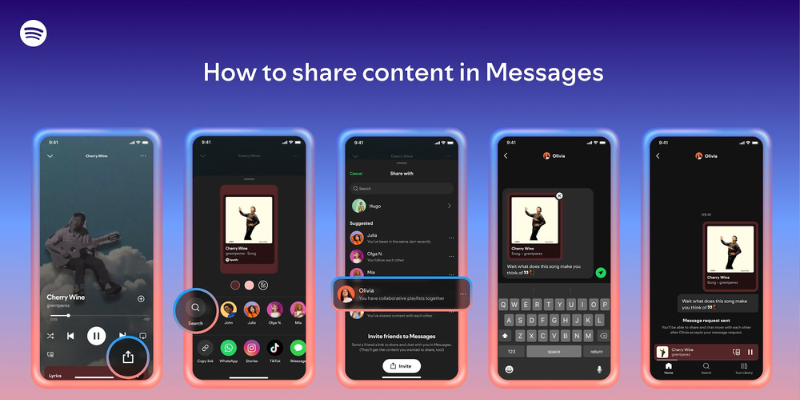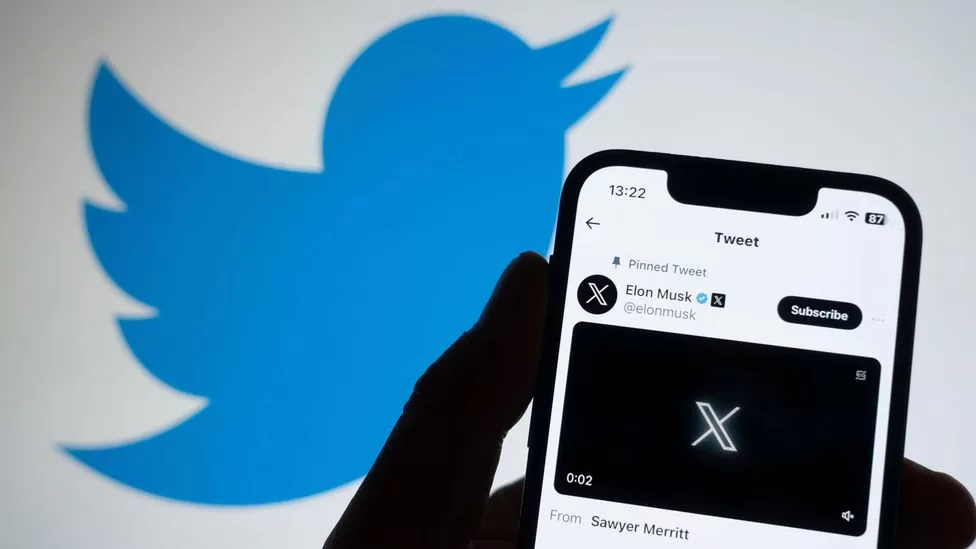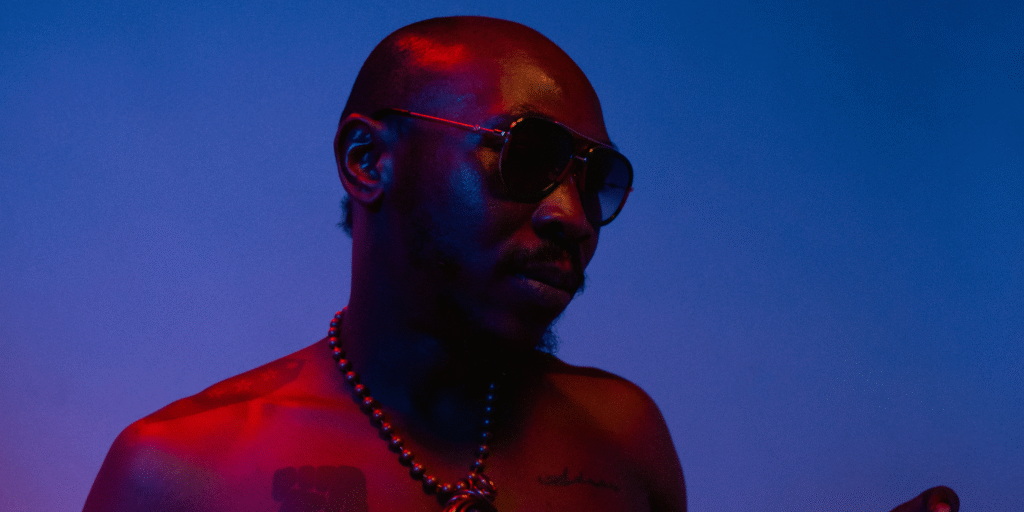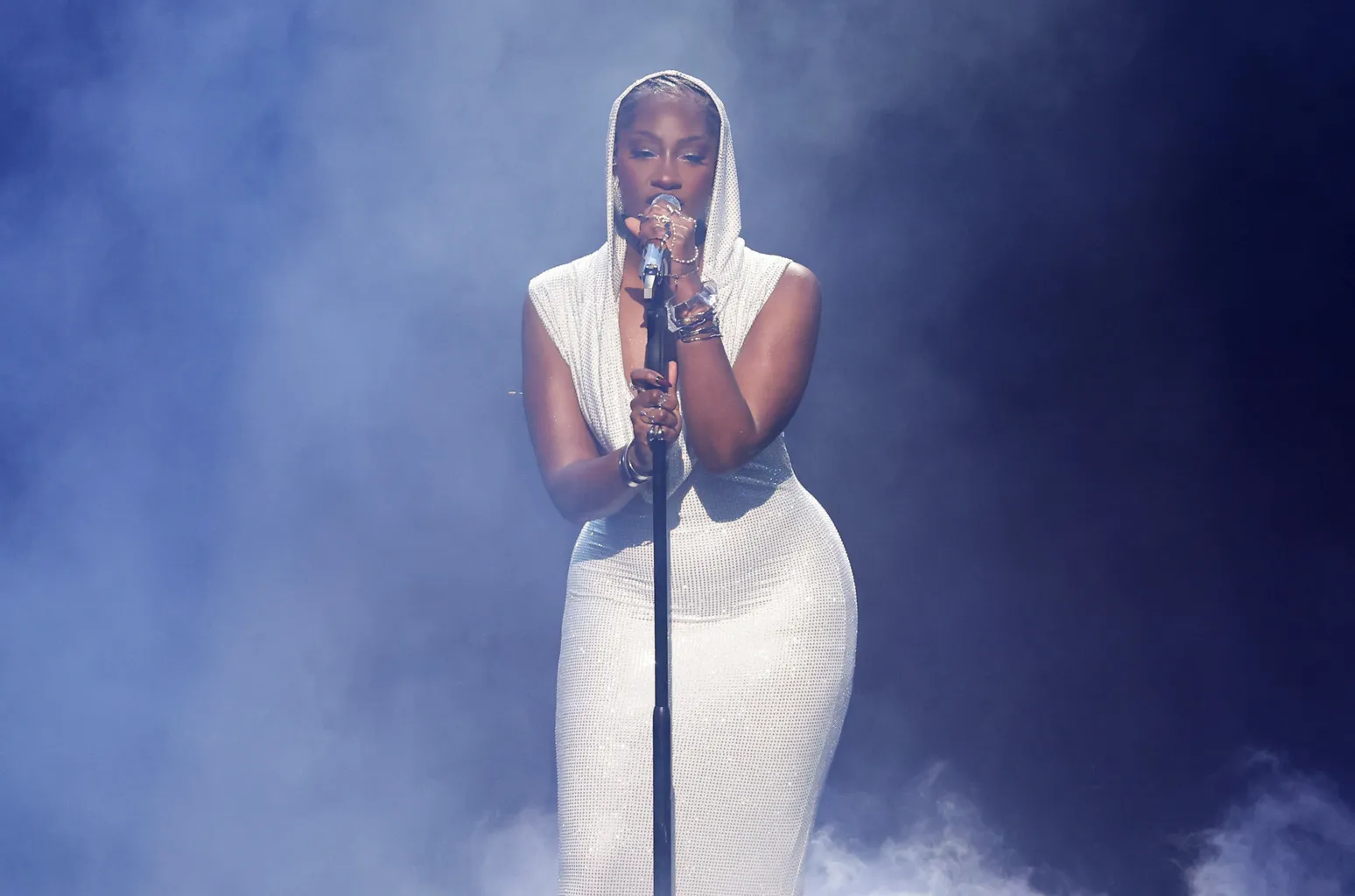On August 26, 2025, Spotify introduced a new in-app messaging feature, Messages, aimed at making music sharing more seamless by allowing users to chat directly within the app. First tested in Latin America and now set to expand to Africa, the feature could reshape how fans on the continent interact with music, artists, and each other.
With Afrobeats, Amapiano, and Bongo Flava driving global sound, Spotify’s move positions the platform as more than just a streaming service—it’s now building a social hub.
A new social hub for fans
The new Messages feature allows users aged 16 and above to share songs, playlists, and podcasts with friends they’ve already interacted with through Jams, Blends, or shared plans. Chats live in a dedicated Messages tab, complete with emoji reactions, approval requests, and reporting tools. Unlike WhatsApp or Instagram, where Spotify links are easily lost, this feature keeps music conversations in one place, preserving discovery moments for easy recall.
For Africa, where music thrives on community and social exchange, this shift could be significant. Streaming revenue on the continent is projected to hit $493 million in 2025, with Afrobeats streams alone climbing 550% between 2017 and 2022. By embedding music conversations directly into the platform, Spotify could supercharge one of the biggest drivers of African music discovery—word of mouth.
Amplifying artist discovery
Beyond fans, artists stand to benefit. Spotify says Messages will “open up new opportunities for artists, authors, and creators” by making sharing and discovery more natural. In Africa, this means more visibility for emerging talent, particularly those who rely on grassroots buzz rather than big promotional budgets.
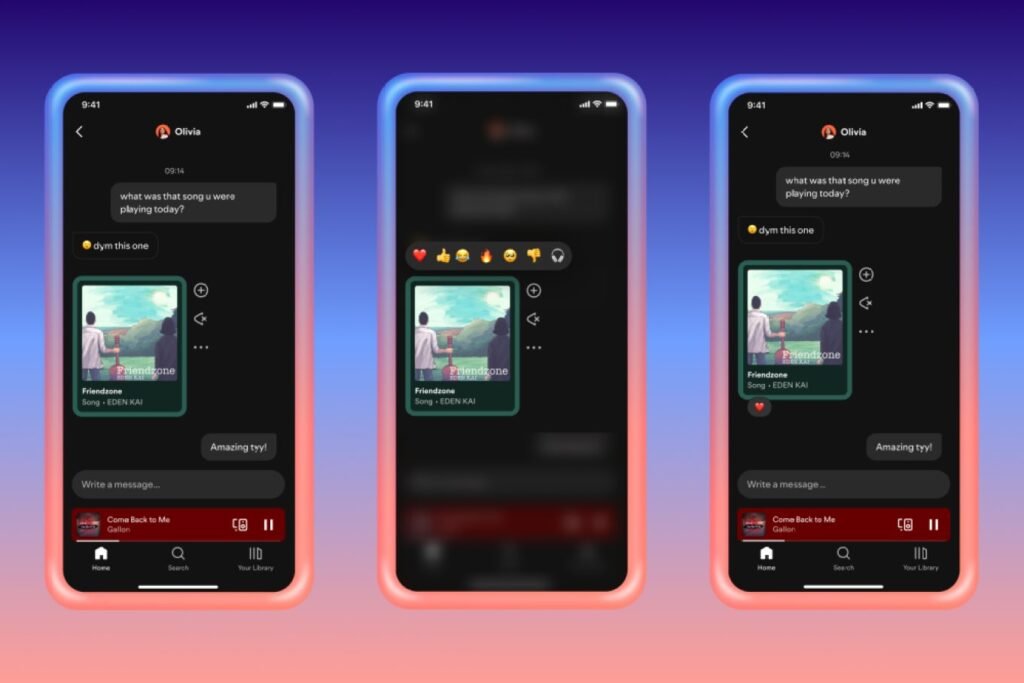
Artists like Asake, Black Sherif, and Portable have all built momentum from streaming virality. With Messages, fans can instantly share a new track or album, bypassing the lag of TikTok or Instagram trends. Independent artists could see even greater returns, as the feature creates an ecosystem where recommendations spread directly through personal networks.
Spotify’s existing African investments—from playlists like African Heat to live events and workshops—already amplify local talent. Messages could now act as a direct bridge between fans in Lagos, Nairobi, and Johannesburg and diaspora audiences in London or New York, making African sounds even more global.
Hurdles to overcome
Still, Spotify’s latest update won’t be without resistance. Messages are encrypted in transit and at rest, but not end-to-end—meaning Spotify can still scan for harmful or illegal content. This raises privacy concerns in Africa, where data protection laws remain inconsistent across countries.
Platform clutter is another worry. Some users already complain that Spotify’s interface feels overloaded, making it harder to simply find music. In regions like Africa, where affordability and simplicity influence loyalty, this could push users towards rivals like Audiomack, which continues to win fans with offline listening and cheaper subscription rates.
Another limitation is the lack of group messaging. Unlike WhatsApp, which dominates group communication in Africa, Spotify Messages is restricted to one-on-one chats. For a culture that thrives on communal sharing, this could blunt the feature’s initial impact.
Competing in a crowded market
Spotify enters this new phase in a highly competitive African streaming landscape. Boomplay and Audiomack remain dominant, with features tailored to local connectivity and pricing realities. Boomplay, in particular, has been credited with driving Afrobeats into global consciousness. Spotify’s edge may lie in its ability to merge streaming with social interaction and, most importantly, connect African artists with the world, but success will depend on convincing African users to change habits.
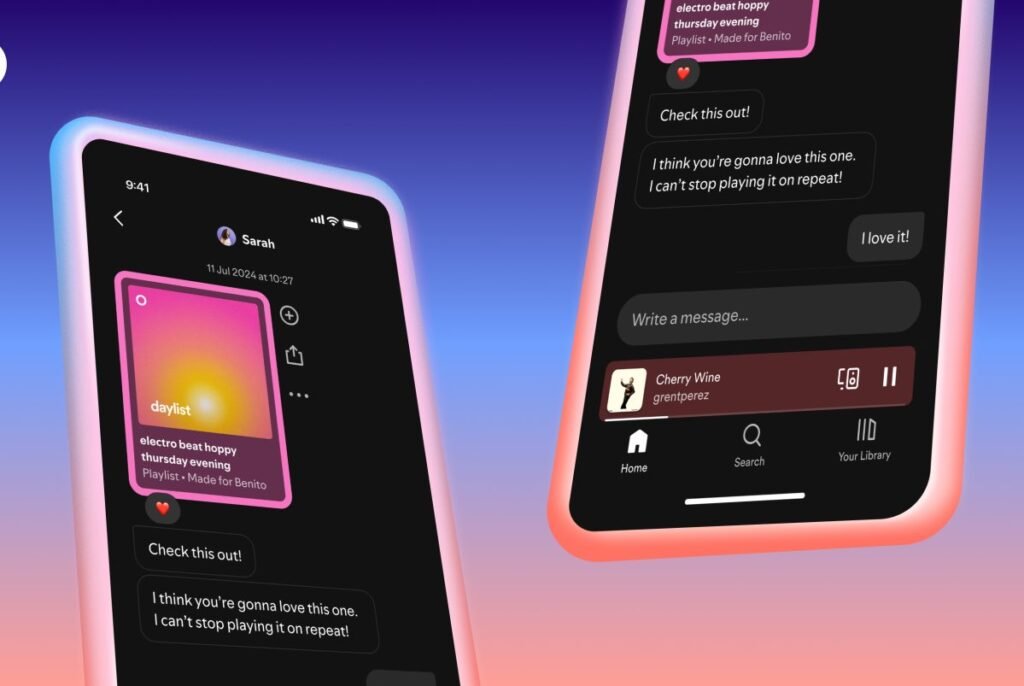
Globally, streaming services are racing to add social layers. Apple Music and YouTube Music have tested similar tools, and Spotify’s launch may accelerate this trend. For Africa, this competition could translate into more localised features and better pricing, similar to student plans that already sit as low as $1.18/month in Nigeria.
Looking forward
Whether Spotify’s in-app messaging cements its role as a cultural accelerator or becomes another layer of clutter remains to be seen. What’s certain is that the platform is betting big on Africa. From curating playlists that spotlight rising talent to hosting creator workshops, Spotify has consistently invested in the continent. Messages is simply the latest step in deepening its footprint.
For artists and fans alike, this could mark a new era of music discovery and connection—one where Lagos, Accra, and Johannesburg aren’t just streaming hubs but conversation centres that feed into the global music ecosystem.







